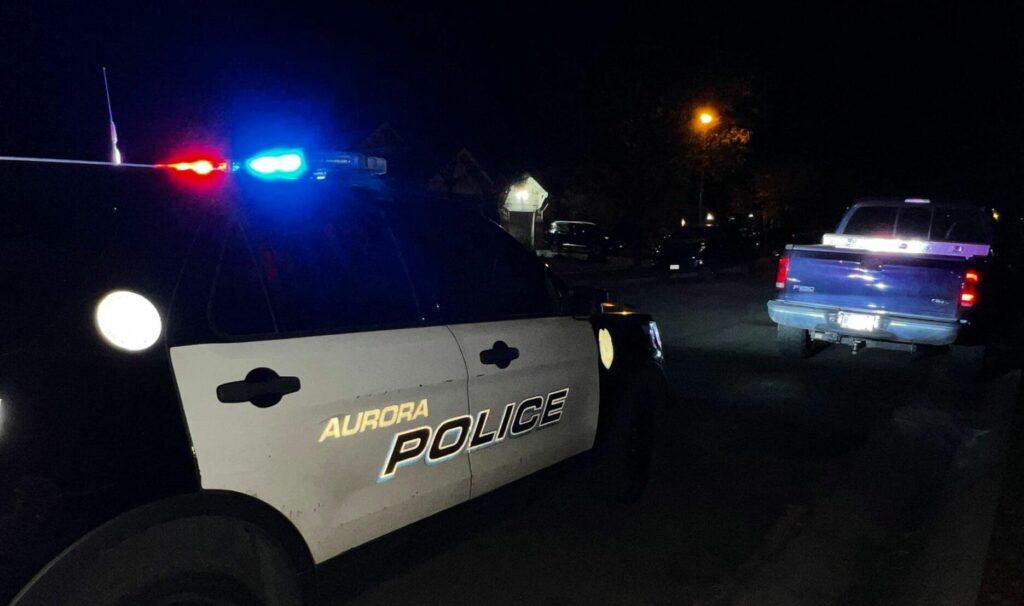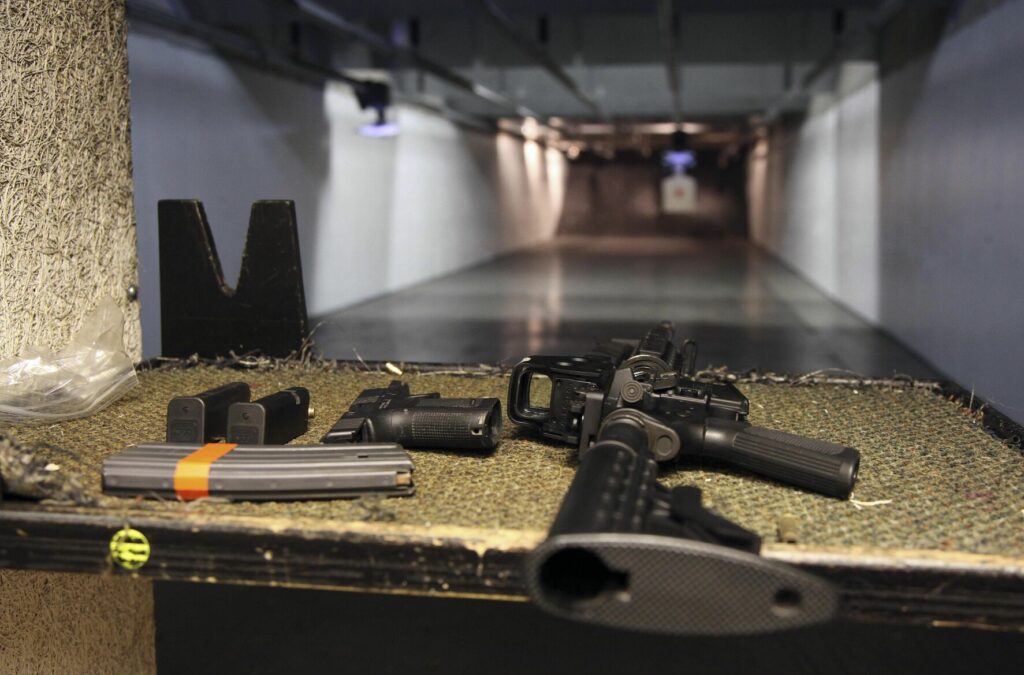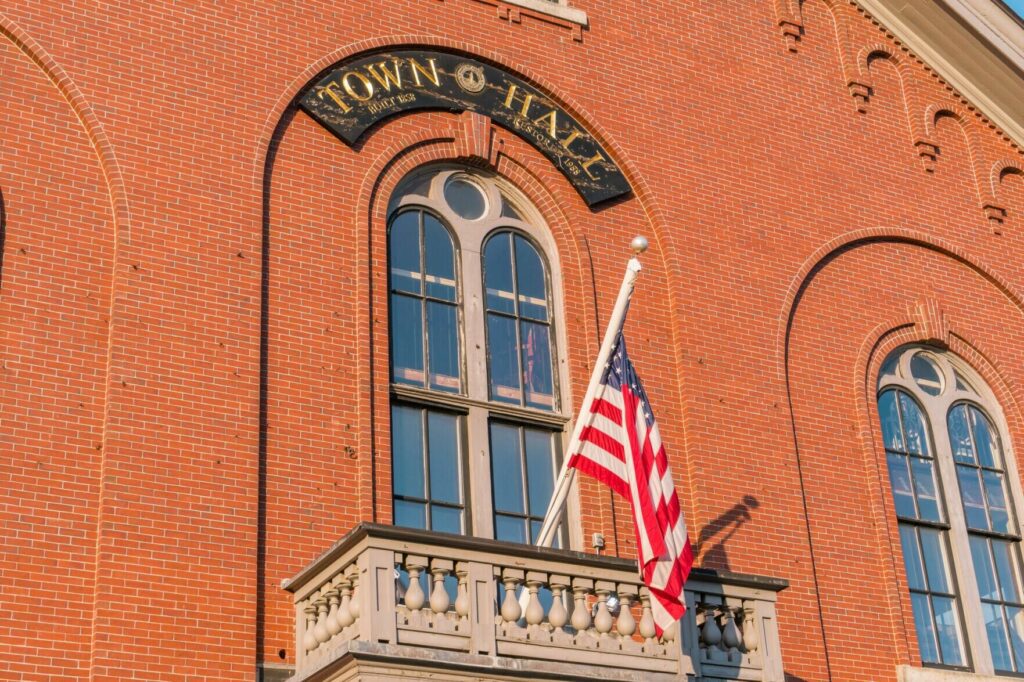Denver Gazette: Fentanyl’s fate is in the Senate’s hands
It’s now the state Senate’s turn to save lives in Colorado’s epic fight against deadly fentanyl.
The House had its chance – and blew it.
House Bill 1326, approved by the lower chamber on Monday, was supposed to repair the damage done to our state three years ago when lawmakers recklessly decriminalized possession of up to four grams of the hyper-lethal opioid. That’s enough to kill 2,000 people – and it was turned into a misdemeanor. Cops only can write a ticket.
Yet, that gaping loophole, incredibly, was left in place in the version of HB 1326 that made it through the meat grinder of backroom politics and into the House earlier this session. The loophole only was narrowed by a subsequent amendment, which still left possession of up to one gram a misdemeanor – enough to kill 500.
Worse still, the House majority actually compounded the bill’s flaws last Friday. A House committee changed the legal standard for establishing intent, gutting the amended bill’s attempt to re-criminalize possession of one to four grams. In the words of dissenting Colorado Springs Republican state Rep. Terri Carver, it will “make prosecution of felony possession almost impossible.”
And as insult to injury, the same committee also amended in an automatic repeal of felony possession altogether in 2025, when it reverts to a misdemeanor.
It’s time for the buck to stop. The Senate must amend HB 1326 to:
- Make possession of any amount of this deadly poison a felony.
- Restore the previous standard for intent to possess a controlled substance.
- Remove the senseless expiration date for felony possession.
Anything less is unacceptable – and an insult to all of fentanyl’s overwhelmingly young victims and their survivors.
Ruling Democrats at the Capitol, along with a few Republicans, are blinded by their dogma of drug legalization. They refuse to see that their gambit in 2019 – decriminalizing fentanyl as well as other hard drugs like heroin and meth – helped foster Colorado’s current calamity.
As of the end of 2021, our state had suffered 1,578 fentanyl-related deaths since 2015. That’s a staggering 1,008% increase in a six-year time span. Since 2019, the increase in fentanyl deaths in our state has outstripped that of every other state but Alaska. It has surged 382% in that short time. There’s also recent research directly attributing approximately 650 Colorado fentanyl deaths to the 2019 law.
Defenders of decriminalization insist it’s needed to prevent the incarceration of addicts, who they say warrant treatment, not prison. But it is a myth that mere addicts ever have been jailed in any significant way. On the contrary, empowering law officers to treat possession as a felony gives them a lever to get users into rehab – and save their lives.
Underscoring that point, another voice of reason in last week’s House debate, Republican state Rep. Matt Soper of Delta, tried unsuccessfully to amend HB 1326 to make possession of any amount a felony – and to lower a felony conviction to a misdemeanor for possession of up to one gram if an offender successfully completes rehab.
Meanwhile, reinstating felony possession of any amount of fentanyl also pays another dividend. It lets police bust dealers who at present can claim misdemeanor possession and walk free.
Gov. Jared Polis recently told Colorado Public Radio, “I’m certainly for felonizing any possession of fentanyl…” Here’s his chance to make that happen – by demanding it in HB 1326.
If lawmakers fall short, Polis should veto their bill and call them back in a special session.
Denver Gazette editorial board












